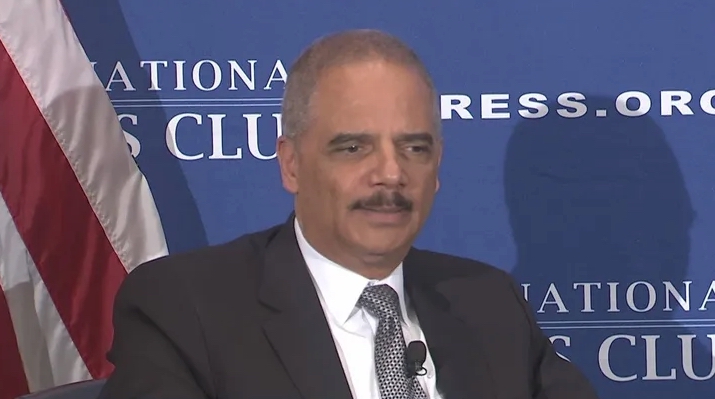For starters, the Guilford County Board of Commissioners voted 7-2 to set a public hearing at its Sept. 21 meeting on the tax increment financing plan to fund High Point’s proposed downtown baseball stadium. Commissioners Justin Conrad and Jeff Phillips- the board’s chairman–were the two ‘no’ votes.
Discussion and debate was limited, as Commissioner Skip Alston stepped in to remind his fellow commissioners that the motion was merely to set the public hearing and that the merits –or lack thereof—of the project would be debated at the next meeting. However, Conrad and fellow Commissioner Hank Henning had some interesting observations about the tax values of the properties that would make up the TIF district:
Conrad, at times his voice rising in frustration bordering on anger, blasted the county staff for presenting what he called slip-shod property valuation numbers to the commissioners.
The county’s report on the loss of property tax value in High Point’s core around the proposed stadium — presented to commissioners on Tuesday — included values of non-taxed land that skewed the baseline total value, Conrad said. The properties included untaxed county-owned land and nonprofit churches.
“The numbers we are using to start this conversation were completely inadequate,” said Republican Commissioner Hank Henning of High Point, tossing a set of papers down on his spot at the dais.
County Manager Marty Lawing acknowledged the report was inadequate and apologized to the board.
Henning–who ended up voting in favor of the public hearing–was visibly upset, slamming the list down on the table while slamming Lawing’s “sloppy work.” The city claims the tax base of the 649 acres that would make up the TIF district has declined 11 percent between 2008 and 2016, but included in the list are several properties owned by the City of High Point, not to mention First Presbyterian Church and High Point Regional Hospital. Including such properties skews the numbers downward, thus undermining the claim that the proposed TIF district is blighted and thus would benefit from development surrounding the stadium.
High Point officials –most notably Mayor Bill Bencini—are going to have to answer these very tough questions, and they’ve got less than two weeks and counting to get their answers ready.


